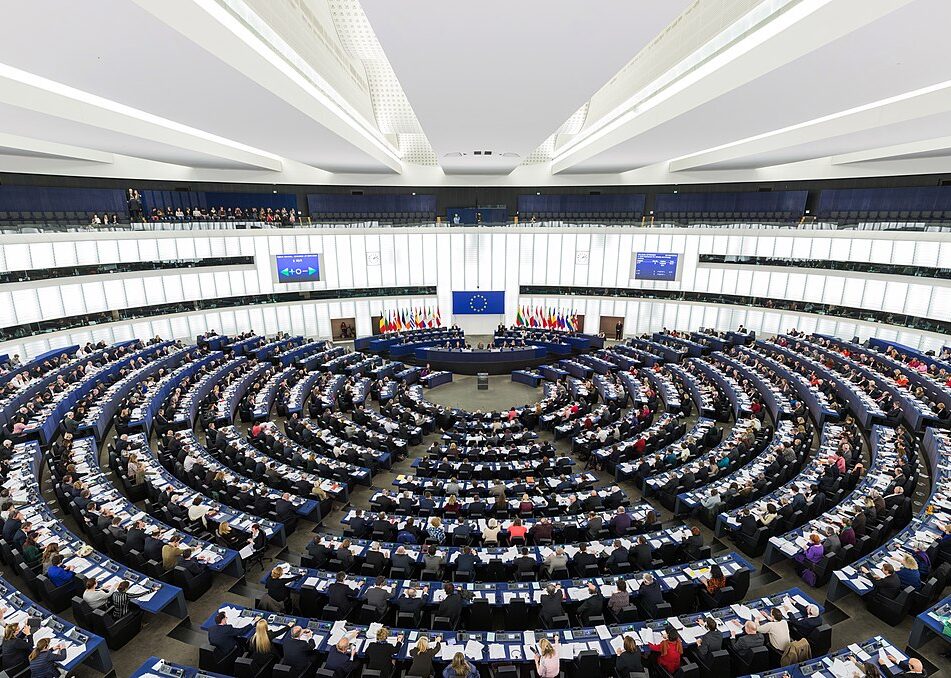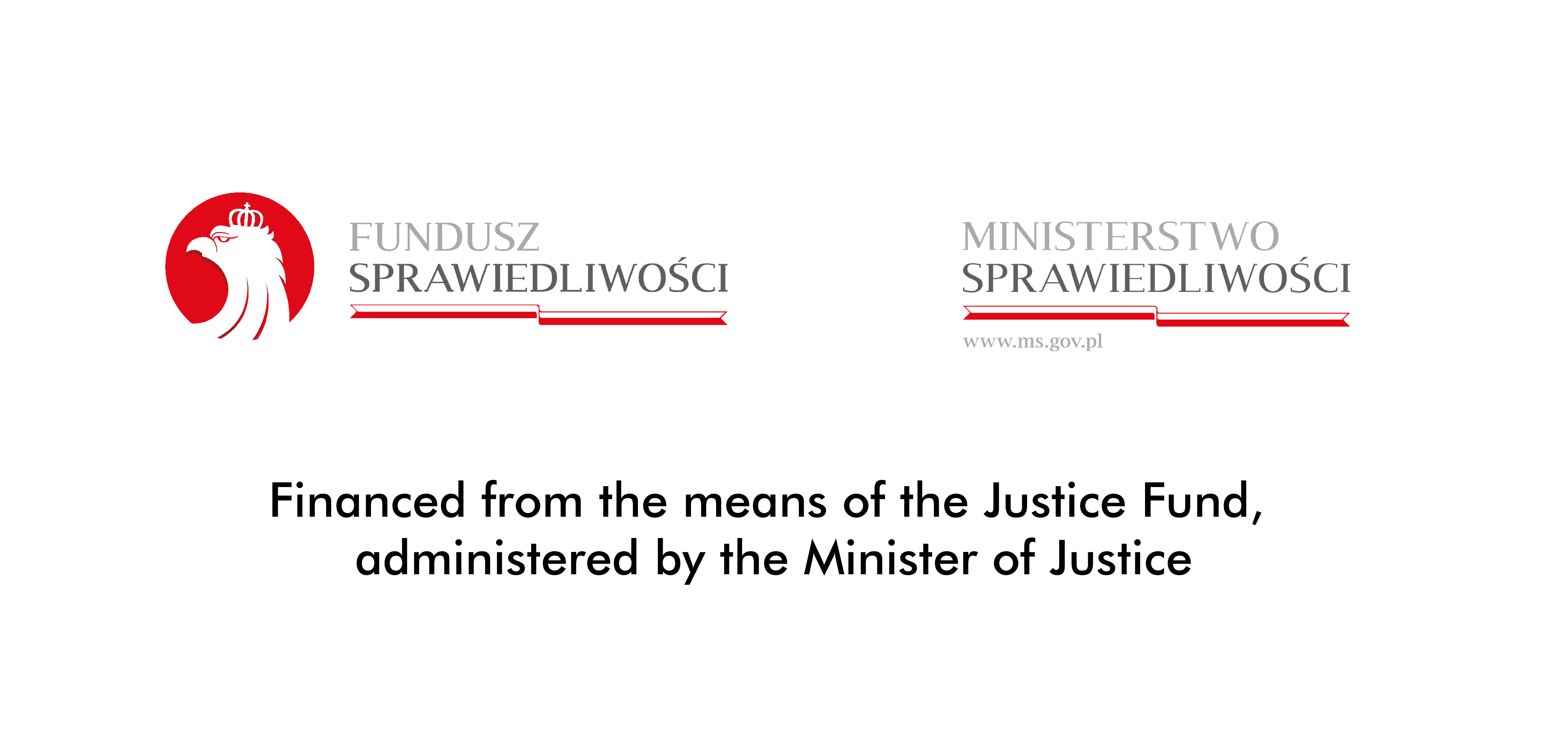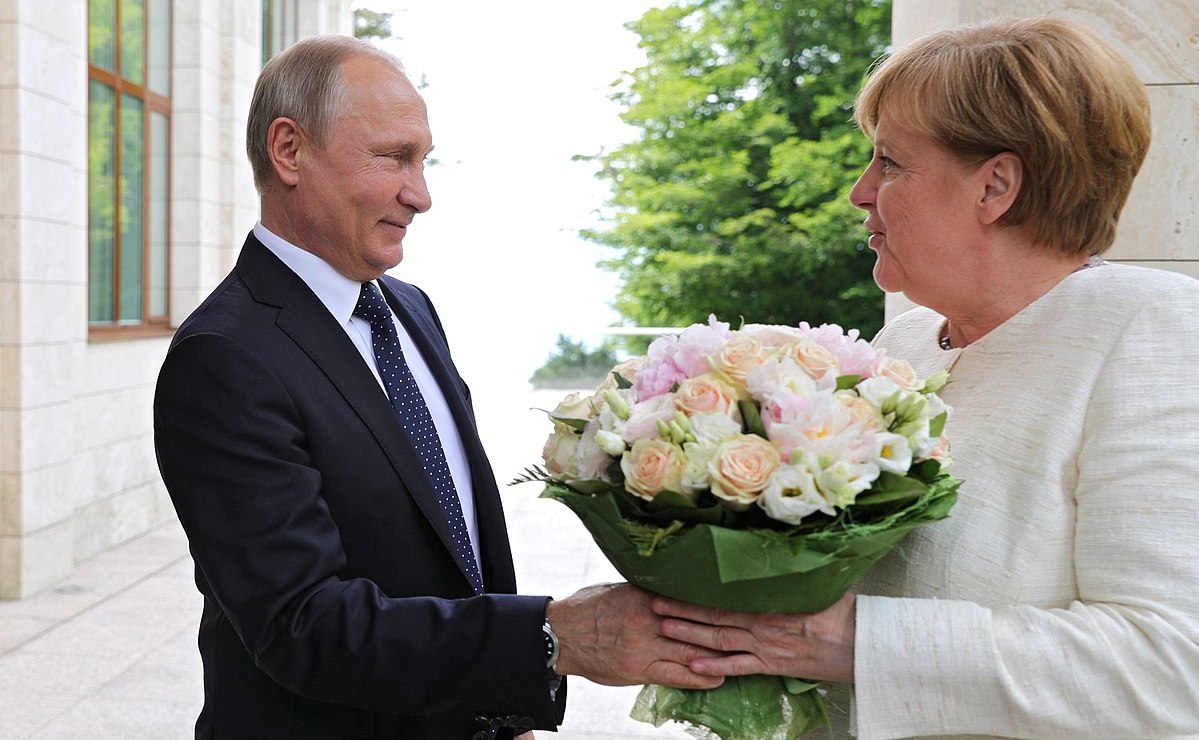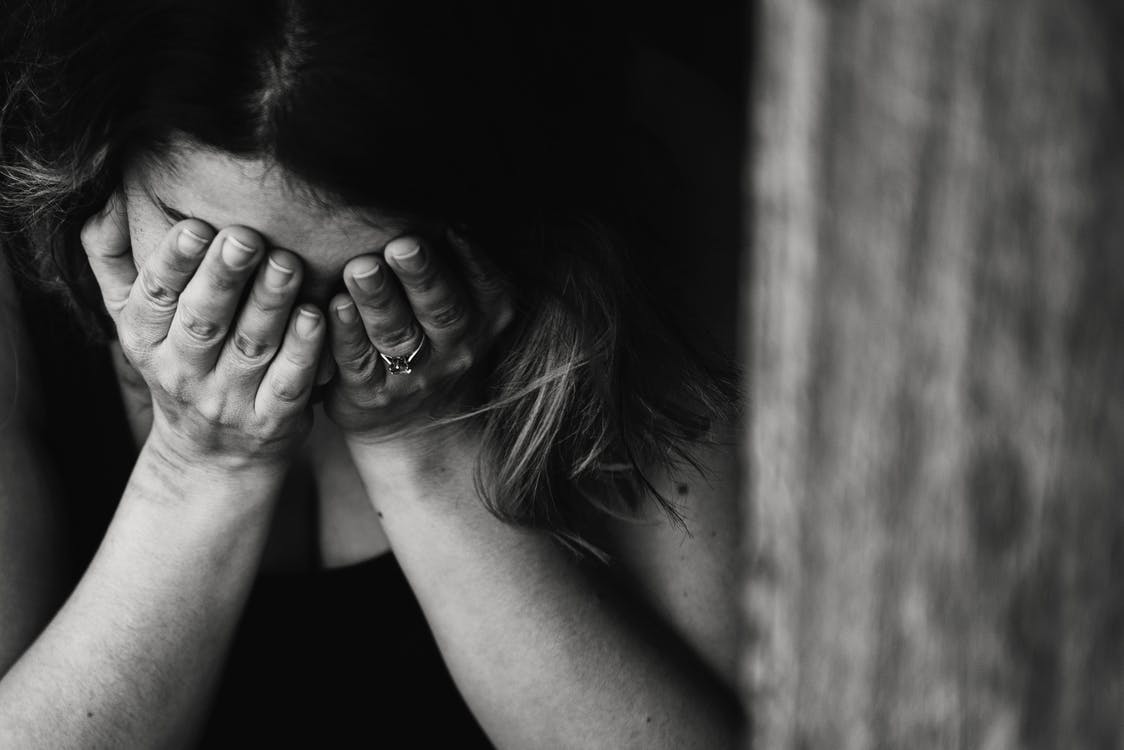European Christians in the firing line

Followers of Christ are suffering persecution not only in the distant Asia and Africa. In Europe, too, alarming attempts to push Christians beyond the margins are becoming increasingly evident. Physical aggression against the European faithful is also on the rise.
Piotr Włoczyk
When she quoted the Bible in public, the police called her in for questioning, the prosecutor’s office began prosecuting her, and the case eventually went to court. This case did not, in fact, take place in Iran, Saudi Arabia, or North Korea. Everything transpired over the past three years in Finland, one of the members of the European Union, which is considered a law-abiding and democratic country that guarantees all basic freedoms to its citizens. The accused was 63-year-old Päivi Räsänen, a former parliamentarian and Minister of the Interior of Finland (from 2011-2015).
“All of the charges are related to my statements about faith. Meanwhile, I’m just reminding what Scripture says about marriage – that it’s a union between a man and a woman – and about homosexual acts. I repeat: about acts, about sins, not about people who have such inclinations,” Päivi Räsänen said in an interview with me, explaining what exactly made the prosecutor’s office interested in her. “I asked the leaders of my church how it was possible for them to support events that blatantly promote acts that are considered gravely sinful by the Bible. These types of parades are, after all, proudly flaunting a sinful way of life. I’ve included a picture of a Bible with a passage from the first chapter of the Epistle to the Romans (verses 24 through 27). In it, the Apostle Paul talks about lust and sinful homosexual acts. This set off a whole avalanche – a great debate began in our media. One citizen reported me to the police and an investigation began. The first time, I was interrogated for four hours. Four hours of interrogation for reminding what the New Testament says about these matters!”.
Although the court of first instance announced that Räsänen had not incited hatred, as the prosecution had alleged, that was not the end of the case. Investigators have appealed the court’s decision, and the former interior minister still can’t be sure what the finale of the story will bring. After all, it is possible that the appeal will show, however, that quoting the Bible in public space is unacceptable and that a democratic state (Finland is currently ruled by Social Democrats) can gag Christians as much as possible. Besides, as Räsänen warns, the prosecutor’s investigation itself has sent a clear message to the public.

“I am afraid that what is happening to me will have a chilling effect on Christians. That is why I say to Christians in Finland: we live in a time when we must not be afraid. We must not be afraid to stand up for our faith, otherwise we will really witness disaster,” said Päivi Räsänen.
Aggressive state secularism
Monitoring the situation of Christians on the Old Continent is handled by The Observatory on Intolerance and Discrimination against Christians in Europe (OIDAC). In the latest report, published in October 2022, France, Germany, and Italy are on the infamous podium when it comes to the scale of hate attacks against Christians. A total of 519 hate crimes targeting Christians were found to have been committed in the 19 European countries surveyed in 2021. Most of these were incidents of intimidation, vandalism, and theft targeting worshippers and objects of worship. However, there were also 14 cases of physical attacks and even murder. According to OIDAC data, four people were killed in Europe in 2021 simply because of their Christian faith.
The authors of the report cite aggressive Western state secularism, which seeks to push faith out of all spheres of public life, as the main threats to European Christians.
“Increasingly, the principle of the separation of church and state is being misunderstood as the separation of faith and politics, resulting in a rejection of the formation of political views on the basis of religious convictions,” Dennis Petri, an expert in religious freedom, explains in the report. One of his specialties is the self-censorship mentioned by Päivi Räsänen, which European Christians are increasingly imposing on themselves, seeing that the entire state machinery can be turned against them if they manifest their commitment to faith in the public realm.
According to OIDAC, the Päivi Räsänen case “sends a message to Christians: expressing an opinion risks social exclusion, career damage, or even trouble with the law.”
According to OIDAC head Martin Kugler, the so-called “hate speech” laws currently being enacted in Western countries are the beginning of a dangerous trend, where “some groups can accuse Christians of hate speech just for expressing opinions about marriage, family, or sexual identity that are consistent with Christian ethics.
“Some of these laws are written and interpreted so broadly that they are easily used to open criminal cases against Christians, Kugler told the National Catholic Register magazine. There is a bizarre blindness to the real threats, while at the same time we see an unwillingness to see the threats to religious freedoms and other human rights that Christians face. Radical intolerance is spreading in the West, especially among many liberal-left media, which is always done ‘in the name of tolerance’.”
In the latest OIDAC report, Poland was ranked fourth in terms of the number of anti-Christian crimes. According to the organization, there were 60 hate crimes targeting Christians in Poland in 2021. However, these were mainly cases of vandalism affecting religious sites. These crimes have increased significantly since October 2020, when radical leftist circles on the wave of pro-abortion protests decided that vandalizing church space was also acceptable in the political fray.

However, the worst situation in this regard is in France, where 124 attacks on Christians were carried out in 2021, according to OIDAC. Importantly – we are talking about crimes that the organization’s experts have managed to identify and evaluate. French police data for 2021 on crimes motivated by hatred of a particular religion look much worse: 857 attacks involved Christians, 589 involved followers of Judaism, and 213 involved representatives of Islam. In addition to leftist anti-clerical groups, the perpetrators of attacks on Christians and Jews are most often radical Muslims, whose activities are a growing problem for France. Islamist attacks on Catholic priests are, unfortunately, nothing new for the French. The most notorious such murder occurred in 2016 at a church in Saint-Étienne-du-Rouvray near Rouen, where two jihadists murdered Father Jacques Hamel at the altar.
Banking ostracism
Christians in Europe are also vulnerable to actions targeting their finances. This has been seen by the Core Issues Trust (CIT), an organization of Christian therapists who offer help to people who want to voluntarily give up their homosexual tendencies or who have problems with gender identification. As a result of a hate campaign launched by extreme British activists of LGBT groups, one of Britain’s largest banks decided to cut off CIT from its financial services. Employees of this Christian organization have literally been inundated with hateful messages and threatening phone calls.
“We are receiving death threats, letters threatening that our loved ones will be raped, and our coworkers are being intimidated. The environment that speaks so much about tolerance has unleashed a wave of hatred against us that is difficult to survive in,” Dr. Mike Davidson, a psychotherapist and head of CIT, said in an interview with me. “What we are seeing in Britain today is neo-Marxist extremism being brought into the living rooms.”
For several years, the British government has signaled its willingness to implement the main demand of the LGBT community there – to ban so-called conversion therapy. “There is no place in our country for such abhorrent practices,” then Prime Minister Boris Johnson said in July 2020. Despite these promises, however, British authorities still have not implemented the ban.
“LGBT lobbyists will have a problem with that. After all, it’s hard to ban free people from seeking help from professionals who can provide such help,” says Dr. Davidson. “We are accused of hurting people, but the other side doesn’t present any concrete evidence of this. This type of therapy does not harm anyone, but banning us will certainly take away the freedom of those who seek help.”
CIT enjoys the legal protection of the Christian Legal Centre (CLC), a British organization of Christian lawyers who defend the freedom of believers in Britain. CLC argues that cutting off Dr. Davidson’s association from financial resources because of her allegiance to Christian view of human sexuality is a very dangerous precedent.
“It’s getting harder for Christians living in the UK, but that doesn’t mean we should give up,” says Andrea Williams. She adds: “People generally fail to see the big warning sign that this issue actually is. A hateful campaign by LGBT activists against the Core Issues Trust has been brewing for more than a decade. Calls to ban “hateful prayers” and “conversion practices” show that if therapists will be subjugated, clergy will be next on the list. The government needs to hear this alarm bell and to stop further mob attacks on social media. The rights of Christian organizations that are faithful to the Bible must be protected. Each of them has the right to act without being subjected to intolerant discrimination.
LGBTQ more important than Christianity
How does the European Parliament react to the erosion of the rights of Christians from the Old Continent? As is widely known, the organization specializes in creating resolution after resolution condemning blatant examples of injustice in the world. The problem is that “injustice”, as understood by the EP’s left-liberal majority, often simply means a commitment to traditional values and faith, such as the ban on abortion or the state’s failure to recognize homosexual unions.

When it comes to the persecution of Christians, the European Parliament does not speak out very often, but when it does, the effect usually causes disbelief among believers.
The first example is the “European Parliament resolution of May 3rd, 2022 on the persecution of minorities on grounds of belief or religion.” In this resolution of more than 6,000 words, the word “Christianity” appears only once, and in the context of all other world religions.
“The European Parliament … is deeply concerned about the high levels of coercion, discrimination, harassment, violence, and repression against people belonging to belief or religious minorities as a global phenomenon that is intensifying in certain regions; [it] notes that it affects many religious communities, such as Buddhism, Christianity, Hinduism, Islam, and Judaism among other religions, as well as groups of people who are atheists, humanists, agnostics or who do not identify with any belief or religion,” the resolution reads.
The document gives the impression that all religious people in the world are subject to the same degree of persecution. This is untrue, as Christians are the most frequent victims of attacks. According to the “World Persecution Index 2022” compiled annually by the Open Doors Foundation, as many as 360 million Christians have been victims of discrimination, oppression, and violence because of their faith.
What’s more, atheists are mentioned in the text of the resolution in five passages, and the acronym “LGBT” appears in it three times, which clearly shows the EP’s priorities. The problems of Christians have been pushed to the complete margins by MEPs, which is also undoubtedly a reflection of the general climate in Western European countries.
Outrage over the attitude presented by MEPs has been expressed, among others, by the Commission of the Conferences of Bishops of the European Union (COMECE). According to this organization, downplaying the persecution of Christians and emphasizing at the same time the “right to abortion” (the text of the resolution mentions abortion in four places) is unacceptable.
“Any attempt to undermine the right to freedom of thought, conscience and religion, and the right to life through abusive interpretations that unduly limit their legitimate scope or subject them to newly created and non-binding ‘so-called human rights’, such as abortion, is a serious violation of international law that discredits the European Union before the international community and millions of European citizens,” COMECE Secretary General Rev. Manuel Enrique Barrios Prieto stressed.
Polish parliamentarians are currently dealing with a draft law titled “In Defense of Christians,” designed to provide believers with additional protection from persecution because of their religion. Against the backdrop of other European countries, where Christians are facing increasing problems or even outright persecution, Poland’s position as an oasis of religious freedom will consequently become even stronger.




